WCS Mozambique actively participated in the 13th WIOMSA Symposium, held from 28 September to 3 October 2025 in Mombasa, Kenya. The Mozambican delegation working directly under WCS initiatives included: Hermenegildo Matimele (Marine Program interim Director - WCS), Carlos Meirinhos (Blue Future Project Coordinator - WCS), Naseeba Sidat (Sharks and Rays Project Coordinator - WCS), Erwan Sola (Coral Reef Scientist - WCS), Vanda Machava (COMBO+ Project Coordinator - BIOFUND), Célia Macamo (Marine Ecologist - UEM), Alberto Fernando (Mangrove Officer - UEM) and Maria Cuambe (Seagrass officer - UEM). The WIOMSA Symposium, a flagship tri-annual event, gathers scientists, practitioners, and policymakers from across theWestern Indian Ocean (WIO) region to share the latest research, innovations, and lessons in marine and coastal science. It also attracts international partners committed to advancing sustainable ocean management. WCS Mozambique contributed significantly to the scientific program through a series of oral presentations:
-
Hydrological Restoration of Muanangome Mangrove Forest in Nampula Province, Mozambique, by Alberto Fernando, University of Eduardo Mondlane – a key partner for mangrove restoration component in the Blue Future Project.
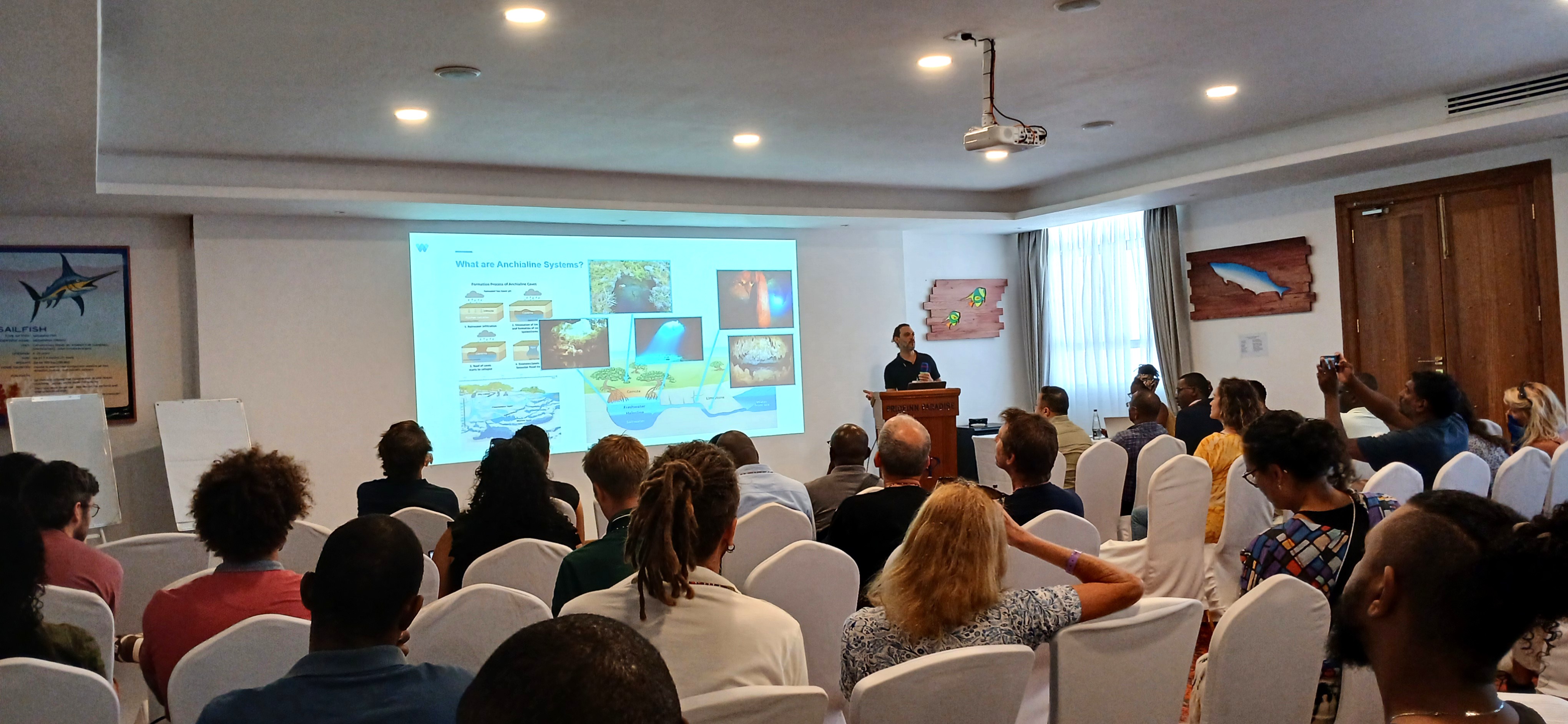
Figure 1. Erwan Sola shares insights on the Blue Holes ecosystem during an oral presentation at WIOMSA 2025. (© Naseeba Sidat)
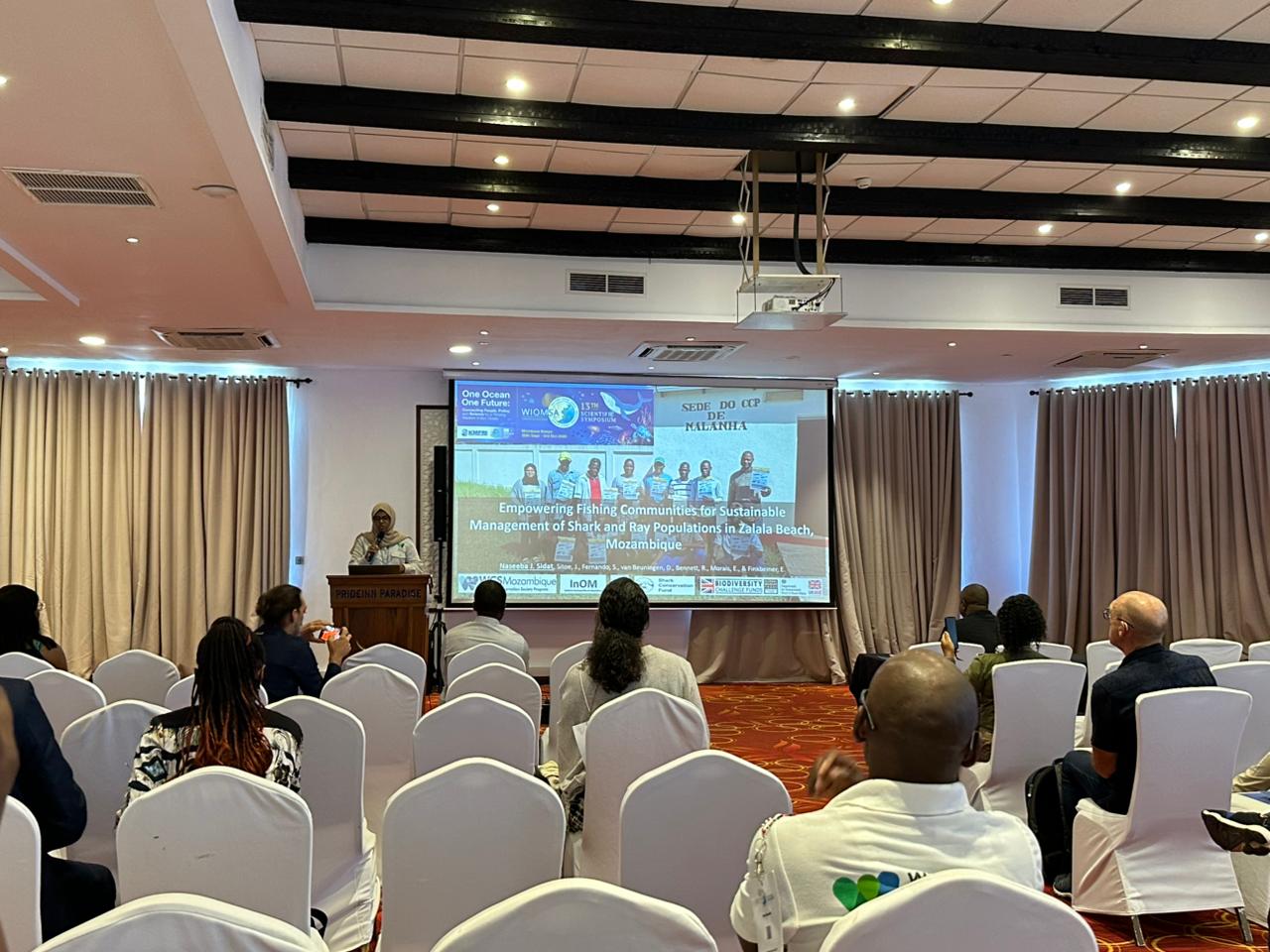
Figure 2. Naseeba Sidat presenting on community engagement and shark & ray conservation (© Denise Nicolau)
Additionally, the Blue Future Project, represented by Carlos Meirinhos, took part in a special session on Ecosystem-based Adaptation (EbA) organized by Blue Action. The session highlighted how EbA approaches strengthen community livelihoods and marine conservation efforts, featuring lessons learned from Blue Action supported initiatives across the WIO region.
WCS also participated in the session for discussing challenges and opportunities for advancing Other Effective Area-Based Conservation Measures (OECMs) in the Western Indian Ocean. WCS had a booth at the exhibition area, showcasing its diverse marine conservation initiatives and cross-country collaborations in the WIO.
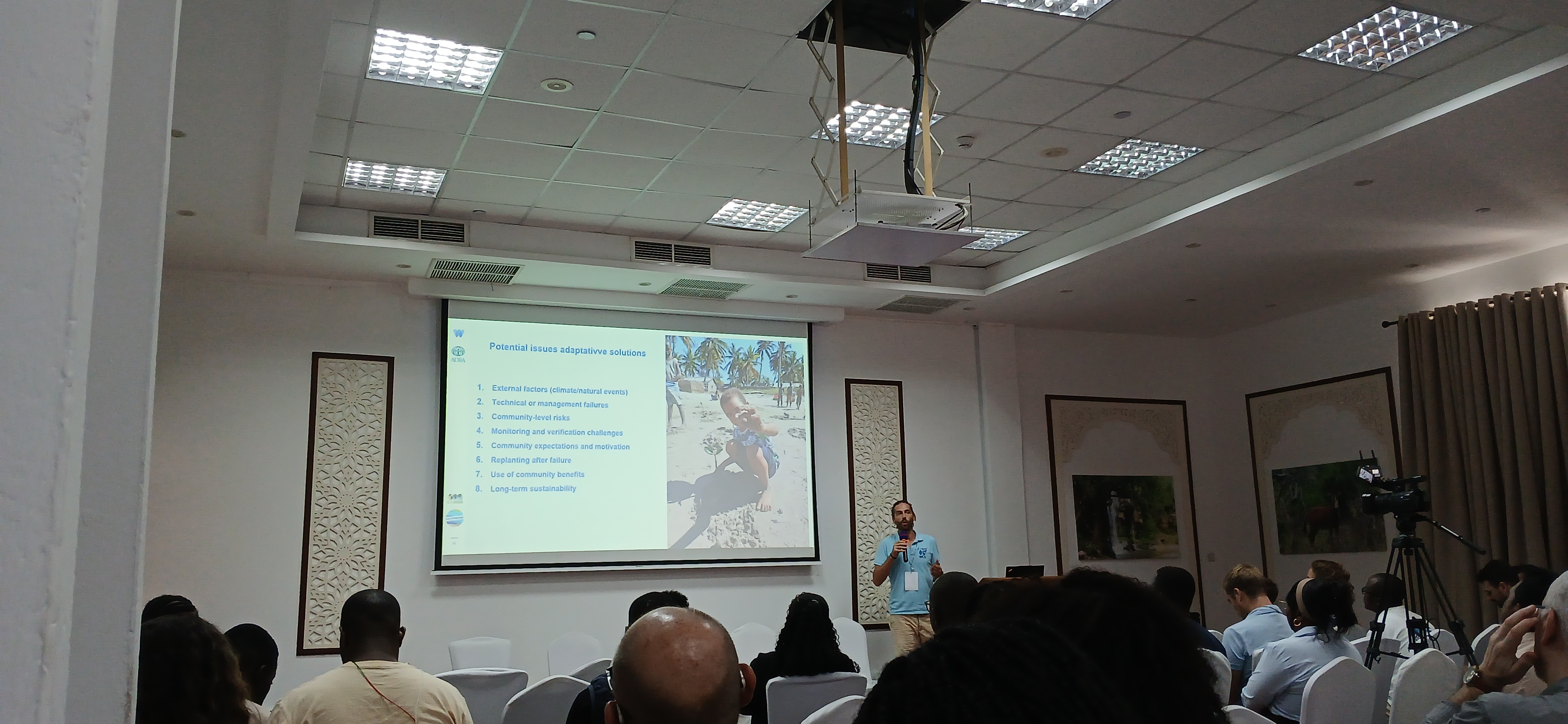
Figure 3. Carlos Meirinhos shares lessons on Ecosystem-based Adaptation, (© Naseeba Sidat)
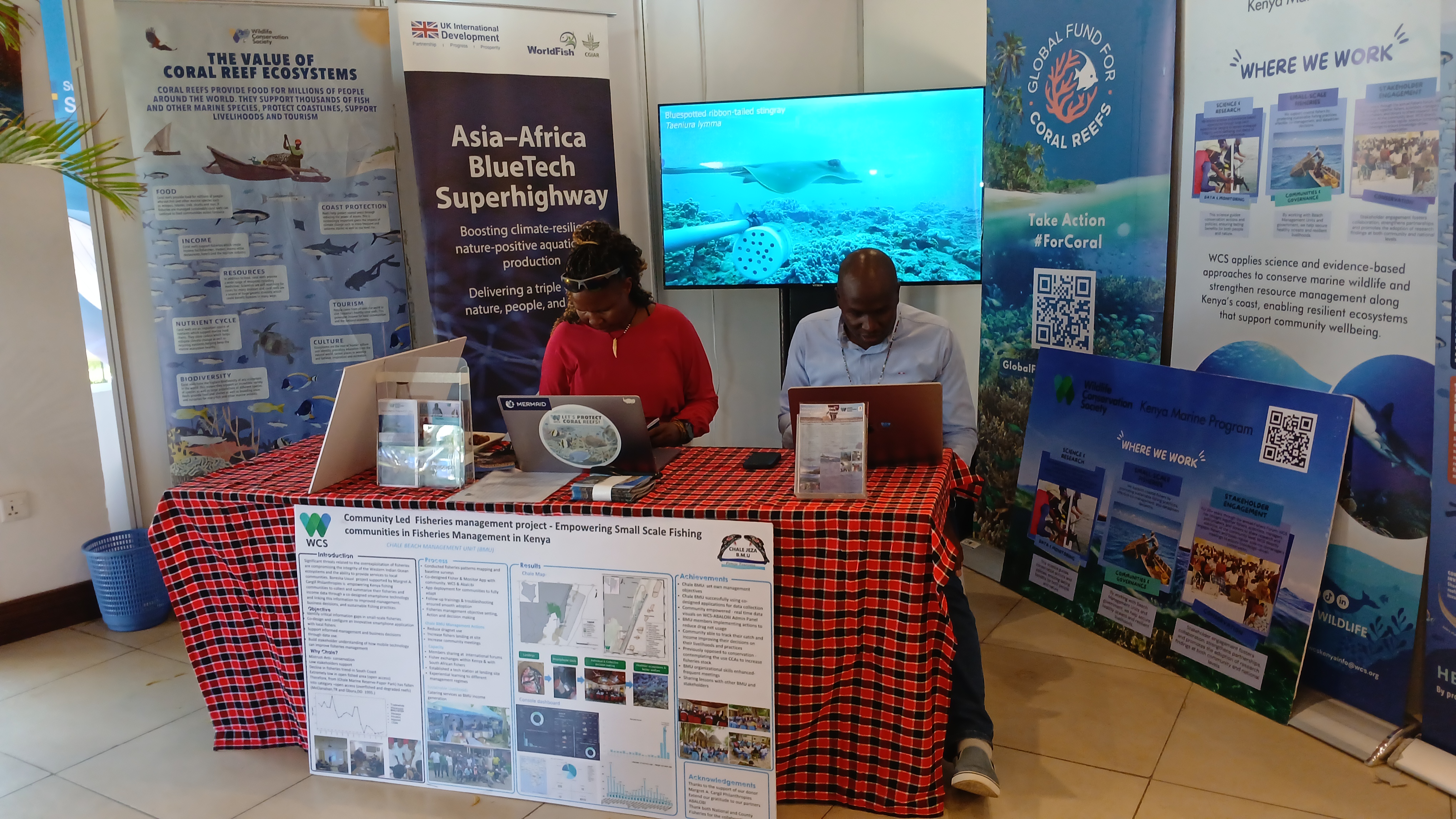
Figure 4. WCS booth: The screen shows a ray recorded via Baited Remote Underwater Videos in Mozambique (© Naseeba Sidat).
The symposium served as an exceptional opportunity for knowledge exchange, networking, and fostering collaboration, including direct engagement with other WCS programs from Mozambique, Kenya, Tanzania, Madagascar, Rwanda, and Gabon. It was also a platform to illustrate how partnerships and innovative projects are driving tangible impacts toward healthy oceans and thriving coastal communities.
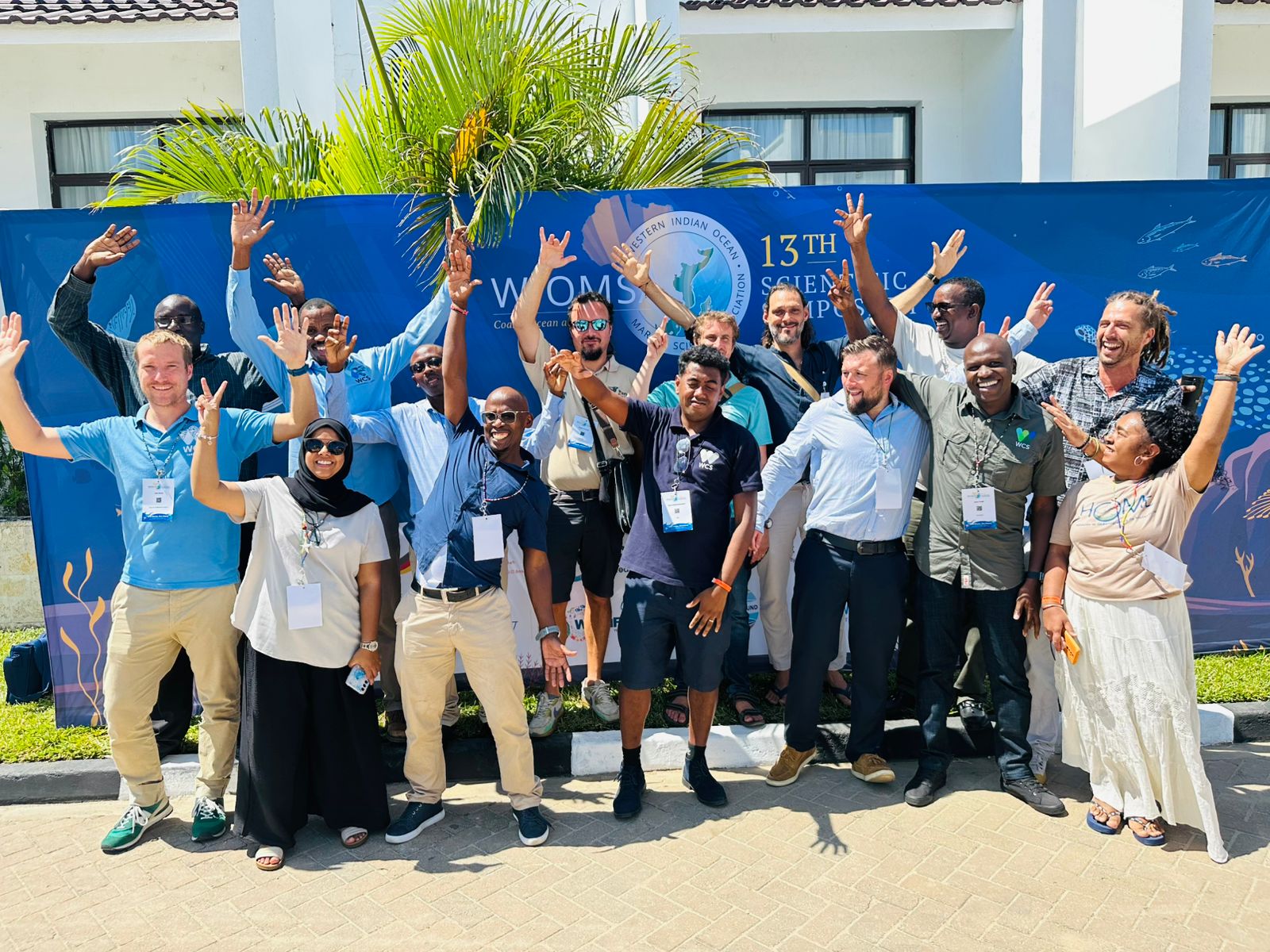
Figure 5. Regional strength, global impact - WCS programs across the WIO and Central Africa together at the 13th WIOMSA Symposium (©WCS)
The event brought together approximately 1,500 participants from across the region and beyond. Mozambique stood out among the top five participating countries, with national representation among the three best posters and the nomination of Célia Macamo as a member of the WIOMSA Board — reinforcing Mozambique’s leadership in marine science and conservation.
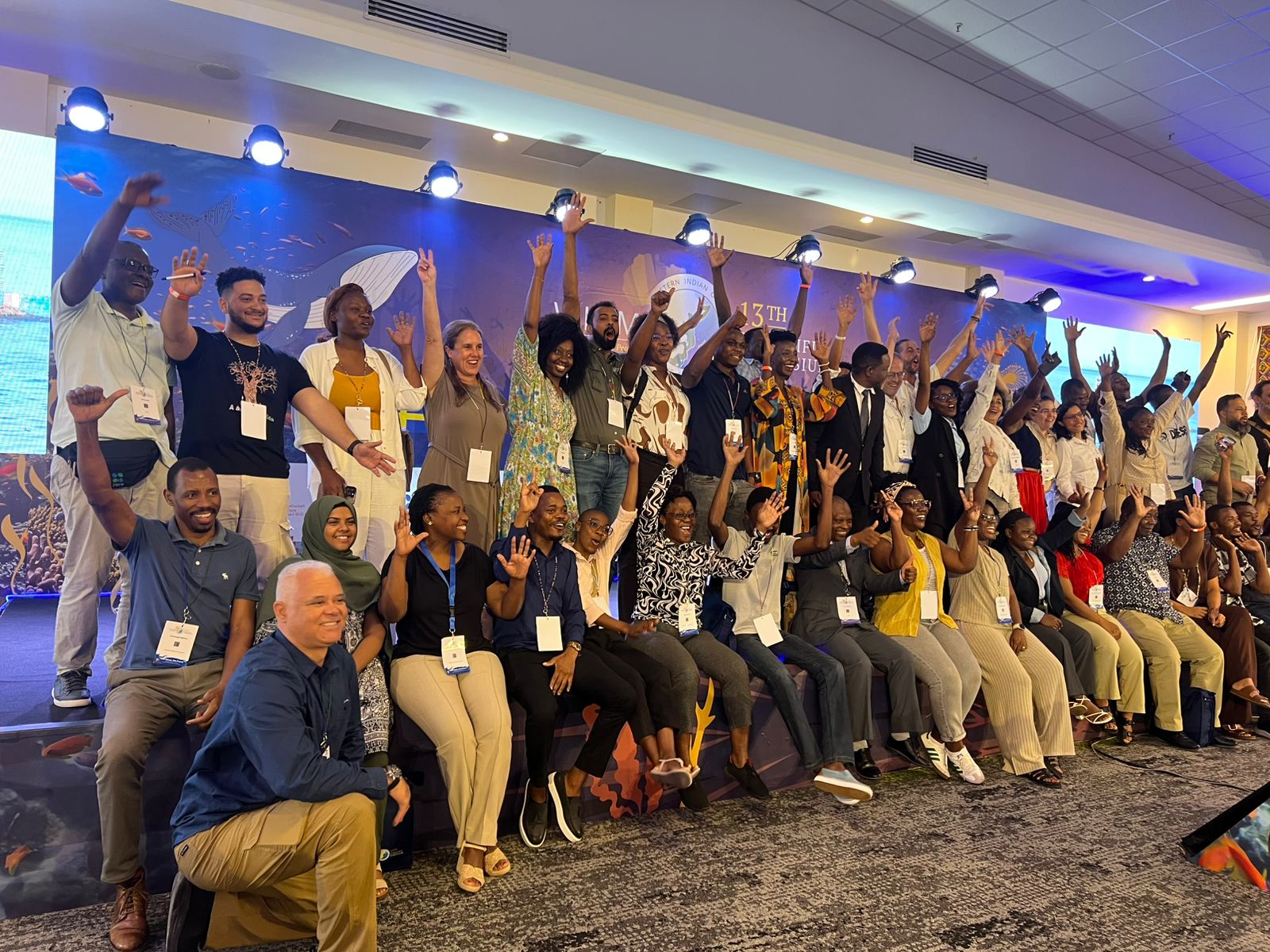
Figure 6. Mozambique at WIOMSA 2025 — WCS representatives Hermenegildo Matimele and Naseeba Sidat (left) on the panel (©WIOMSA)